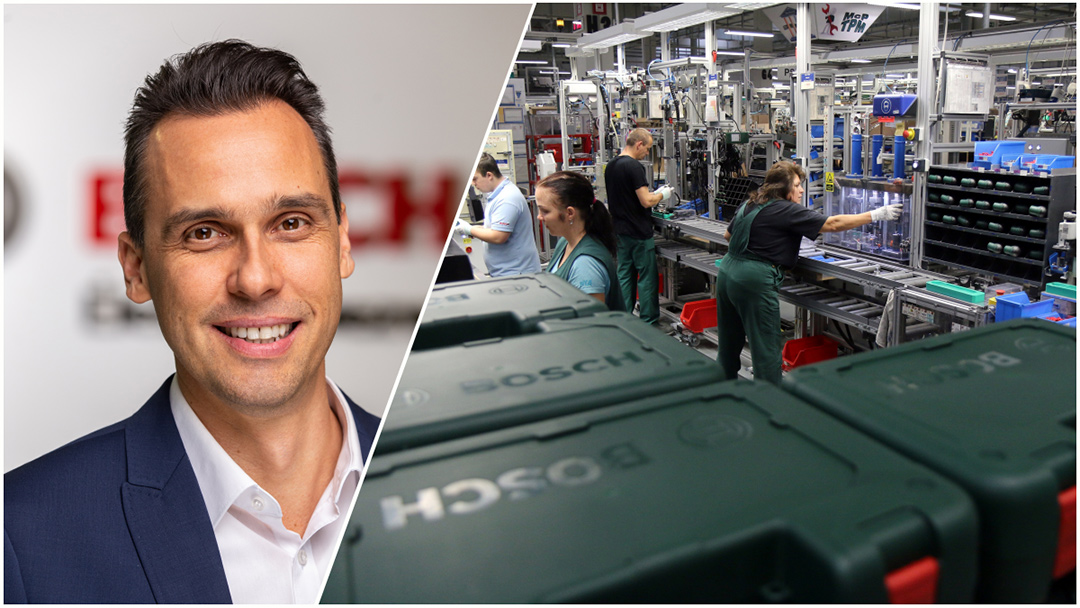It is necessary to connect universities with industry and the economy, believes István Szászi (pictured above), who heads the Bosch Group in Hungary and the Adriatic region. The expert believes that the practice in Germany proves that only those universities that were able to join the economic cycle became successful and recognized.
Bosch conducts R&D activities for autonomous vehicles in the state of California, Germany and Hungary. In Hungary, more than a thousand people within the Bosch group deal only with the development of self-driving cars. This fact clearly proves that the knowledge and innovative power of our Hungarian colleagues is world-class.
- What is the aforementioned innovation power due to?
Hungary's intellectual capital is almost limitless. We have excellent professionals in all age groups and this is also reflected in practice. At the Bosch development center in Budapest, we submit three patents a week to the National Office of Intellectual Property. We can be proud that the Bosch group uses Hungarian innovations in Japan and Germany, among others.
- Do Hungarian professionals choose a domestic career instead of a foreign one?
Foreign experience is very important, we also support our colleagues within the company group to gain experience abroad and learn about business standards and culture in other countries. I have been working at Bosch for 18 years, of which I have held positions abroad for at least 8 years. There is no doubt that wages are higher abroad, but life itself is also more expensive than at home. Western living standards can also be achieved in Hungary, it is not necessarily only the level of salary that matters. As long as we at Bosch ensure the usual working conditions and professionalism in Silicon Valley, there can be no problem with the outflow of specialists.
- In many cases, universities influence innovation. How competitive is the knowledge that Hungarian universities provide to students in a foreign context?
Before Bosch, I was a university researcher at the Budapest University of Technology and Economics (BME), and with the knowledge I gained there, I found my place in the German and American private and industrial spheres. I believe that Hungarian universities provide strong and reliable knowledge to young people.
-Why did you switch to the private sector?
In addition to university education, I participated in Hungarian automotive and American aerospace projects. What I found inspiring in industrial research was that they did not stop at theoretical research, but also used the results in reality.
-According to the argument of the government and the experts, it is necessary to change the model of the universities because it brings the scientific community closer to the market players. Do you agree with this?
Industry must work together with universities and vice versa. In Germany, I also found that only those universities that were closely connected to industry and the economy became really successful and recognized. As I have just mentioned, we must not stop at research results, we must also create value in the market, and for this I also believe that the modernization of higher education is inevitable, a change of attitude is necessary. The foundation form is still considered new in Hungary, but it is already a well-known model in Western Europe or the Anglo-Saxon countries.
The full article from Makronóm/Mandiner can be read here
Author: Zsolt Skakács
Photo: János Vajda/MTI













